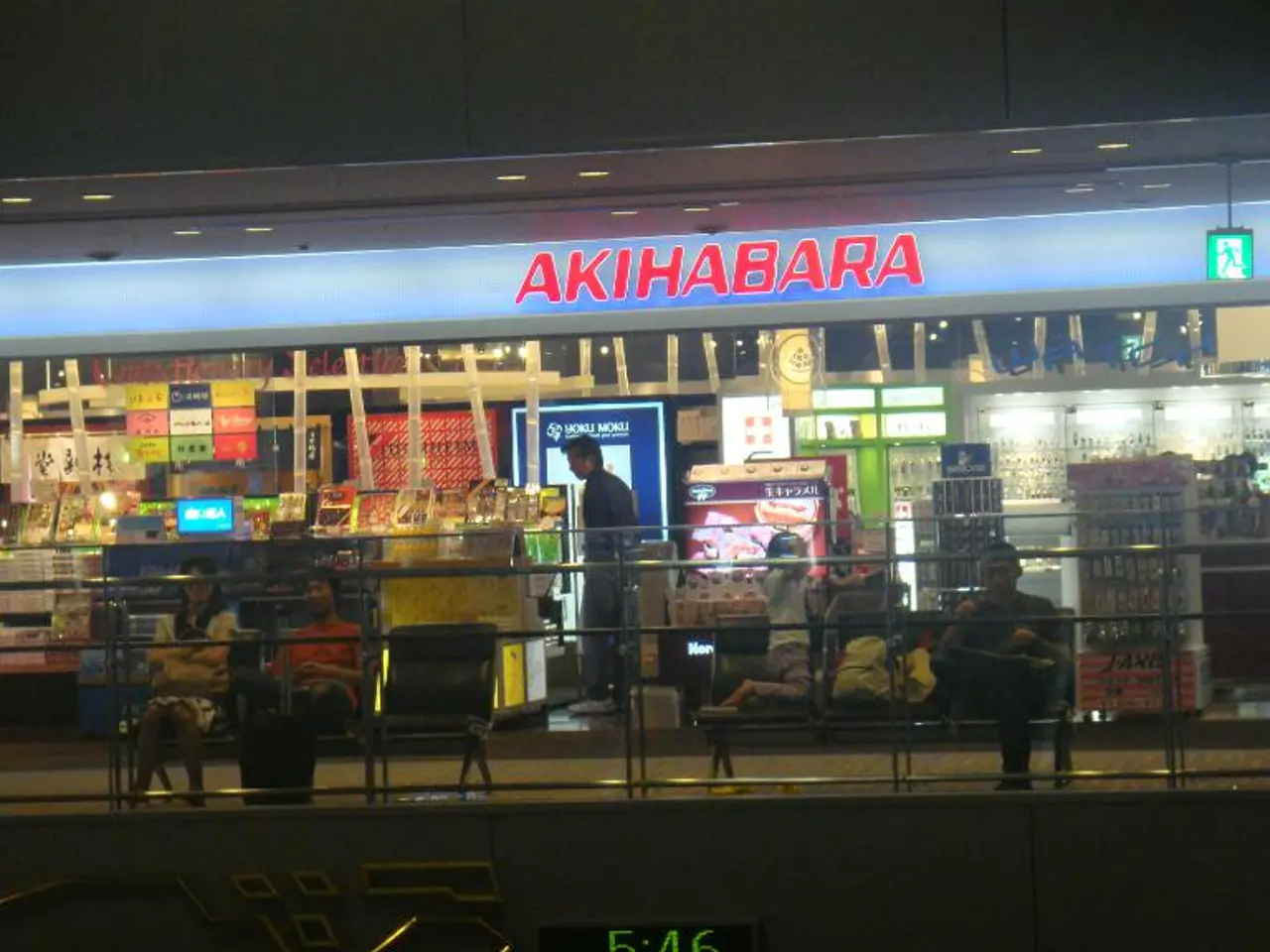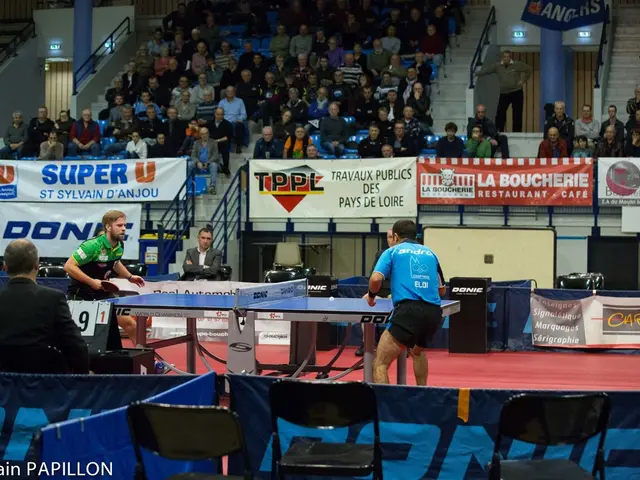Europe's dwindling interest in home energy storage now extends to Africa as well, signifying a decline in the demand for such solutions.
South Africa's home energy storage market, currently valued at less than RMB 10 billion, is struggling to meet the country's demands, resulting in intense competition. This competitive landscape has attracted numerous Chinese manufacturers, turning South Africa into a new hotspot for these companies since 2022.
The South African market, despite its growth, did not make it to the top five global markets for home storage installations in 2023, with Germany, Italy, the US, Japan, and Australia leading the pack. However, countries like Nigeria, South Africa, Egypt, Kenya, and Ghana are considered promising markets for Chinese home energy storage companies in Africa.
South Africa's per capita GDP of USD 6,800 makes most ordinary households price-sensitive to home energy storage products, favouring low prices and functionality over brand or quality. This price sensitivity has led to an influx of Chinese manufacturers, with dozens rushing into the market to seize the opportunity.
However, this influx has created an imbalance between supply and demand, leading to a situation where some manufacturers are lowering their rates to the price floor to grab market share, putting pressure on integrators who need to purchase battery cells.
The South African government has introduced policies and incentives to encourage the use of renewable energy and reduce dependence on traditional energy sources, contributing to the rapid expansion of the solar storage market in the country.
Despite the intense competition, some Chinese manufacturers such as Deye and Dyness have reaped the benefits of the growing South African home energy storage market. In the first half of 2023, Deye Technology's sales in South Africa exceeded RMB 1.1 billion, marking a year-on-year increase of over three times.
However, the growth of the South African home energy storage market has slowed down in the second half of 2023, with the power cut situation improving and the installed capacity of home energy storage growing by only 32.7% year-on-year to 0.73 GWh.
The intensified competition in the South African home storage market and downstream inventory pressure have affected some companies, with BSLBATT reporting that it has been affected by these challenges.
Deye's revenue and net profit both declined in the first quarter of 2024, attributed to the cooling South African market and insufficient growth in other markets. This decline highlights the challenges that manufacturers face in the South African market, where growth may not be as rapid as in other regions.
In conclusion, South Africa's home energy storage market presents a significant opportunity for Chinese manufacturers, but the intense competition, price sensitivity of consumers, and the need for long-term cultivation of the market make it a challenging landscape to navigate.
Read also:
- Stopping Osteoporosis Treatment: Timeline Considerations
- Tobacco industry's suggested changes on a legislative modification are disregarded by health journalists
- Trump's Policies: Tariffs, AI, Surveillance, and Possible Martial Law
- Expanded Community Health Involvement by CK Birla Hospitals, Jaipur, Maintained Through Consistent Outreach Programs Across Rajasthan








